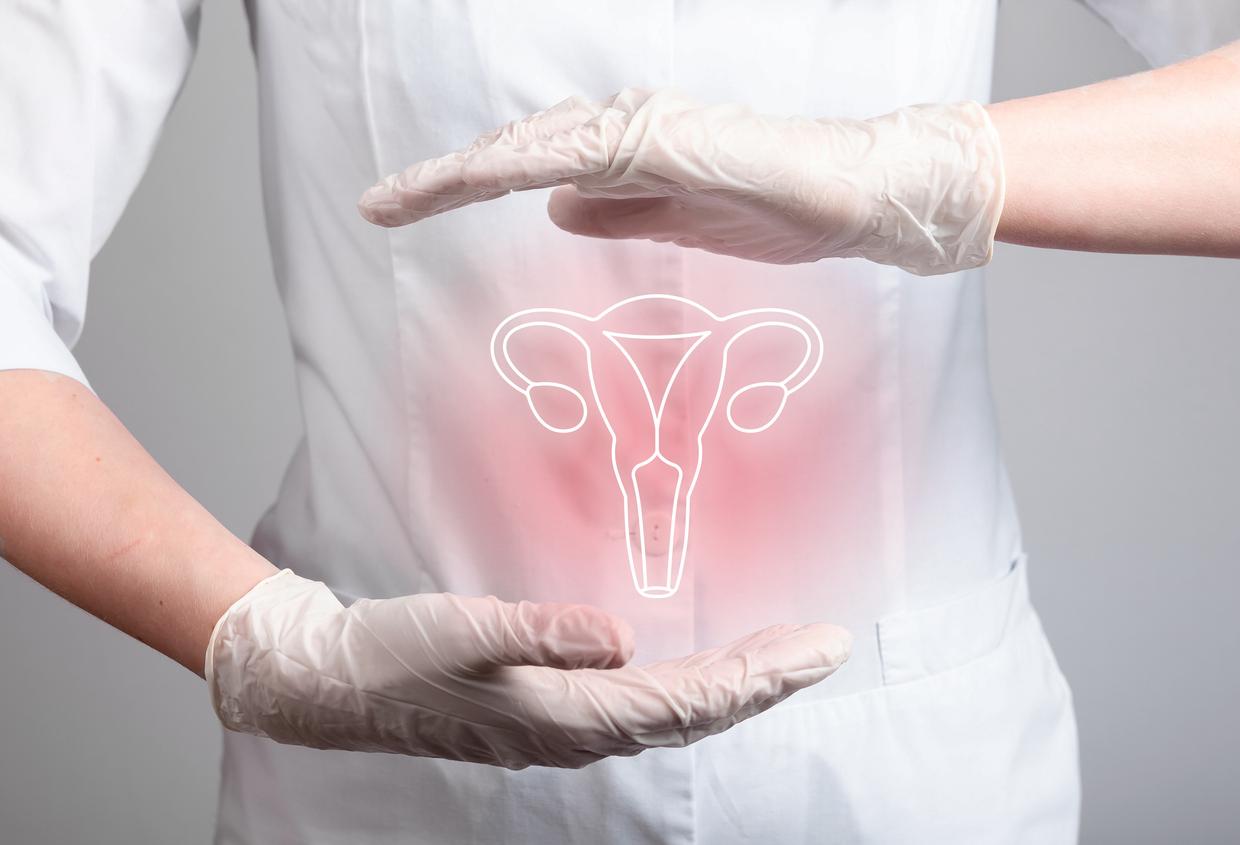“What is the impact of the economic crisis on the good management of diabetes in Europe”: this is the report that Janssen laboratories have just presented on the occasion of the 3rd edition of the Diabetes Prevention Week. For this study, carried out in France, Germany, Greece, Italy, Spain and the United Kingdom, 697 telephone interviews were conducted with general practitioners, specialists and patients with type 2 diabetes.
Among the patients questioned, about one in two said they had encountered difficulties in the past four years managing their diabetes, particularly in terms of their lifestyle, self-management of their disease, costs and reimbursement of drugs, as well as the cost. the surveillance tests he needs.
12 people diagnosed with diabetes every minute
According to a recent report, every minute 12 people around the world are diagnosed with diabetes, and 6 people die from complications of the disease. Diabetes is responsible for 325,000 deaths per year in European Union countries because people with type 2 diabetes are twice as likely to be victims of a heart attack or stroke. .
According to this study, the economic crisis mainly affects the self-management of diabetes. Financial difficulties mainly affect diet and physical activity. Consumers are more likely to buy canned or frozen products, they eat less healthy and good quality foods such as fruits and vegetables. In addition, almost half of the diabetic patients surveyed do not engage in any physical activity and say they cannot afford to join a sports club. This point of view is shared by health professionals. More than half of doctors are in fact convinced that their patients suffer more stress and have been subjected to greater pressure at work since the start of the economic crisis, and that they therefore find it difficult to devote time to an activity. physical.
Finally, nearly half of the patients surveyed (46%) say that the cost of self-management of diabetes has increased, they can no longer afford to buy test strips that monitor blood glucose levels. And a quarter of patients (24%) say they can no longer afford their diabetes medication.
















